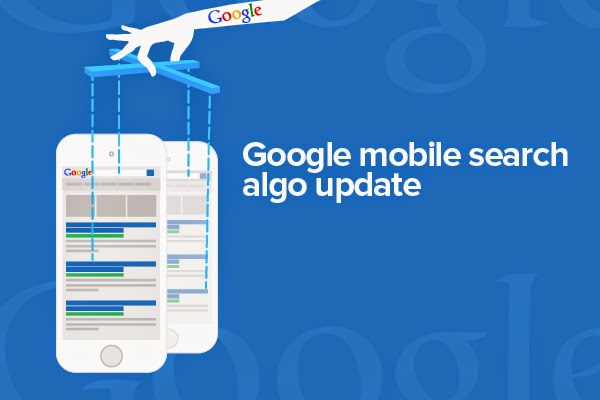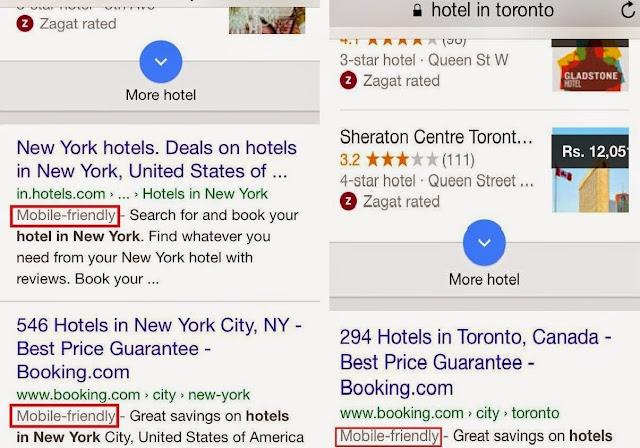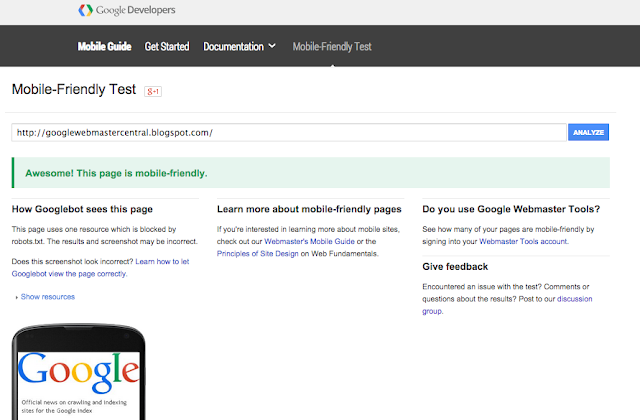Every day, new marketing techniques and tools are launched almost every week – which increases the complexity of the marketing sector. Experts have different ideas and opinions about how holidays will be like two or three decades from now. The possibilities are limitless.
Virtual travel will be ‘in’:
Travel is likely to become virtual In the future. By the year 2050, holidays for most people will be about enjoying the popular as well as not so popular attractions of the world from the comfort of home. Time travel will be in, and it will be possible for travellers to visit New Orleans before Hurricane Katrina ravaged it or seeing the Pyramids right after their completion – all through virtual reality. They will be able to customize their surroundings and the weather, and also get a digital tour guide. They can also make situational or hypothetical travel – such as visiting the Taj Mahal without the tourists. This will help them remove the stress of travel without needing to visit the locations actually.

More personalized travel experience:
Travel brands, in order to get brand recognition and loyalty, need to make use of customer data in such a way that shoppers can get value. The travel marketing techniques are likely to be made more personalized to help customers find the most relevant travel products and ideas for their choices – whether it comes to room, hotel, airline, airport or occupancy duration type.
Smarter Retargeting:
While retargeting has existed for quite a few years, it is expected to see more innovation. Travel companies will use live user session user profiling in real-time, which would allow a smarter retargeting that offers more relevant recommendations and information to users. For travel brands, it can increase the ROI significantly on every interaction.
Use of Chatbot technology:
Travel brands are making increasing use of the chatbot technology from companies such as Amazon, Expedia and Skyscanner, in an attempt to pre-empt the purchase requirements of customers. The use of Cortana or Alexa can be expected sooner rather than later.
Use of PWAs (progressive web apps):
These come with all the good things about mobile websites and mobile-based applications. These are delivered online and act just like native apps. PWAs help sell holidays quickly and form an important part of the overall user experience. The programs also operate in areas with inferior connectivity or in those spots where connectivity drops and comes – as in cars or trains. These will help travellers on the move.
Get Hotel booking channel manager software at https://www.erevmax.com/ratetiger/ratetiger.html.



